A survey by the Irish Farmers Journal of the fees charged by banks for basic services such as maintaining accounts and lodging cheques reveals a significant range in costs to farmers across the four main banks.
In some cases, account maintenance fees (the fees which banks charge for the basic administration costs of running a business account) are moving towards £150 per year. It is a significant amount of money, particularly given that many farmers rarely, if ever, let their business account get overdrawn. On top of this are the charges for writing and lodging cheques, withdrawing cash, etc.
When looking through the charges, it must be pointed out that in many cases they are not clear or easily understood. For example, when lodging two cheques, there is a charge for each individual cheque and a separate charge for the actual lodgement (sometimes referred to as a ‘manual transaction’).
Obviously, for some farmers, these costs are only secondary compared with interest fees on an overdraft or loan, and the charges for exceeding an overdraft limit. All of these factors should be taken into account before deciding on which bank is best suited to your business.
New charges
As shown in table 1, Danske Bank (which has the largest market share among farmers in NI) is introducing new charges for business customers from April. A number of farmers will also have received a letter in recent weeks informing them that they are being moved from a Large Business to a Small Business account. This will mean that account maintenance charges per quarter for these farmers increase from £15 to £37.50 from 1 April. A Danske Large Business customer will see their quarterly charge rise from £15 to £18 from 1 April.
A spokesperson from Danske explained that from 1 October 2013, the criteria were changed for opening or operating a business current account. Customers with an annual credit turnover of less than £1m will be moved to a Small Business account.
To offset some of these increased charges, the £10 monthly fee for Business eBanking is being removed for small business customers, which Danske maintains is part of a drive to encourage small businesses to use automated payments. For example, a farmer lodging a milk cheque will pay £1.36, but it will be free to pay in electronically. The bank also recommends that farmers should consider paying suppliers directly by electronic transfer to reduce transaction costs.
The changes by Danske mean that a farmer using ebanking, who was previously classed as a Large Business and who is being moved over to a Small Business, will actually see their charges reduced. That said, Danske’s basic bank charges remain at the top end across the four main banks.
The other banks maintain that they are keen to attract new business. This is generally reflected in their introductory offer to new clients. A spokesperson for Ulster Bank said they would aim to offer “a competitive deal on fees for new bank business”. Ulster Bank is also still offering ‘Funding for Lending’, which has no arrival fee for loans and offers 1% discount on lending rate.
Bank of Ireland confirmed that its agri package offers 100% discount on fees in years one and two and a 50% discount in year three. It also said that its £10 per month online banking basic package is free for the first two years.
A spokesperson for First Trust said that it will be launching a new agri package in April and it is keen to attract new farming clients.
Wind company launches second share offer
Energy co-operative, Drumlin Wind Energy has launched its second public share offer, with the aim of raising £1.2m to construct two more community-owned turbines, one at Ballyclare, Co Antrim and the other at Newtownhamilton, Co Armagh.
In 2012, the co-operative raised £2.7m to build four turbines across NI. The current share offer is open until 30 April, with investments sought from £250 to £20,000. According to Drumlin Wind Energy, predicted average annual returns are 8.6% over 20 years, plus EIS tax relief.
Anyone interested in finding out more can attend an information evening at Malone House, Belfast, on 20 March.
‘Going for Growth’ with NI Executive
A policy paper outlining Government response to the report of the Agri-Food Strategy Board; Going for Growth, has been submitted to the NI Executive for overall Government approval.
According to DARD officials in front of the agriculture committee at Stormont this week, the paper has been agreed between DARD Minister Michelle O’Neill and DETI Minister Arlene Foster.
However, they were unable to give a date when the paper might actually be discussed by Executive Ministers.
In their report, the Food Strategy Board has asked the Executive to provide £400m to stimulate agri-food growth.
During their presentation, DARD officials also outlined the potential difficulties in delivering all the measures currently within the next Rural Development Programme, given a budget they described as “challenging”.
To date, there has been no indication whether government will match fund the €227m made available by Europe for the programme.



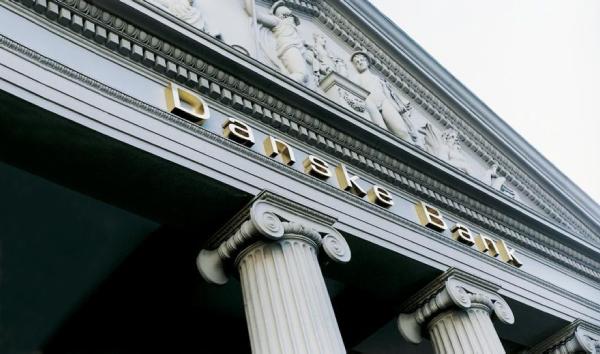
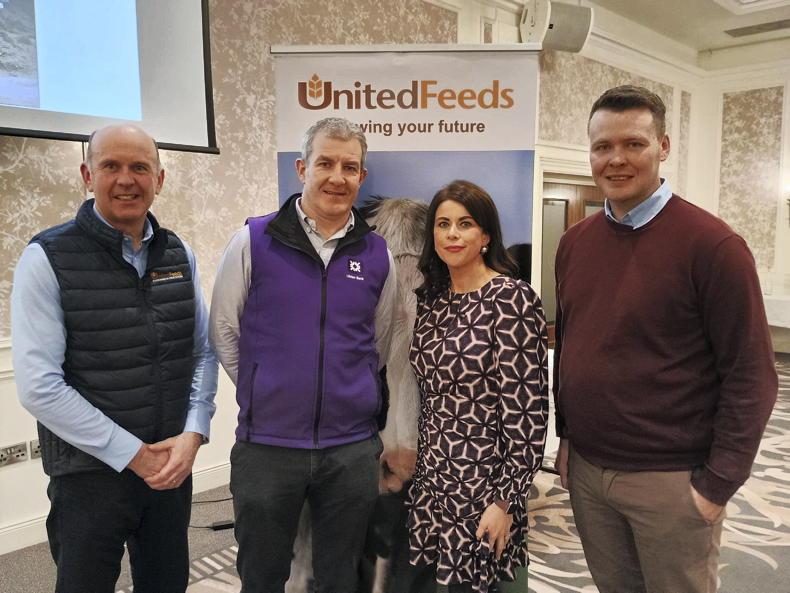

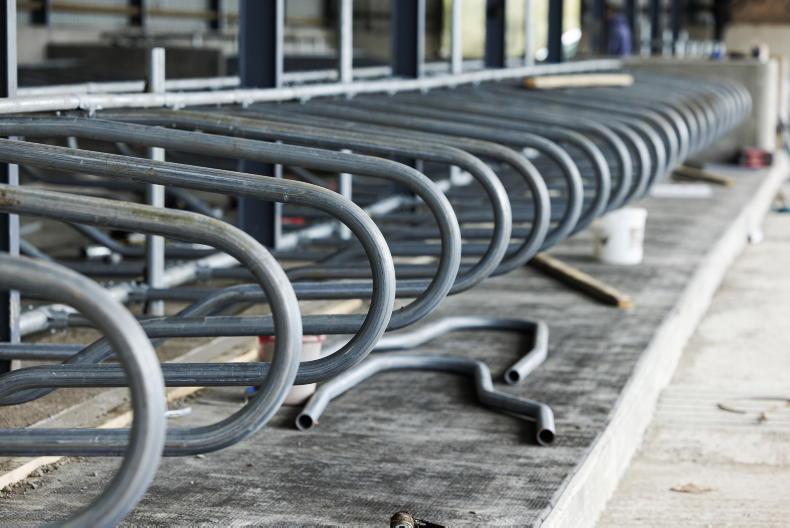
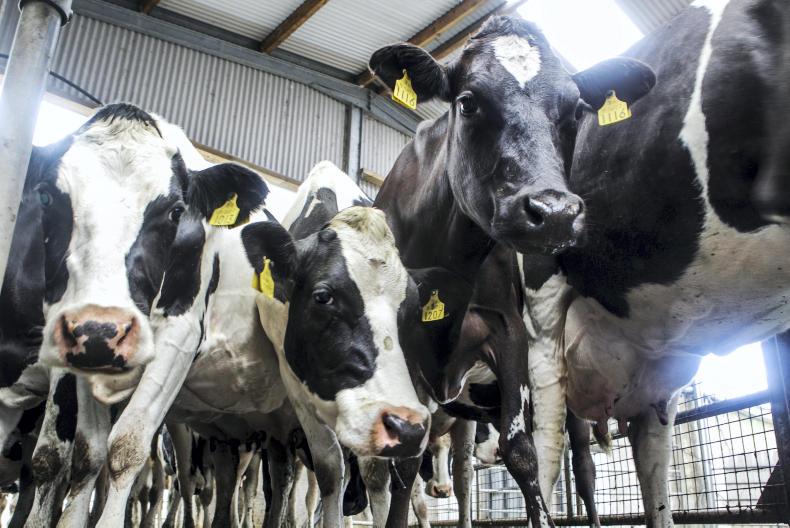
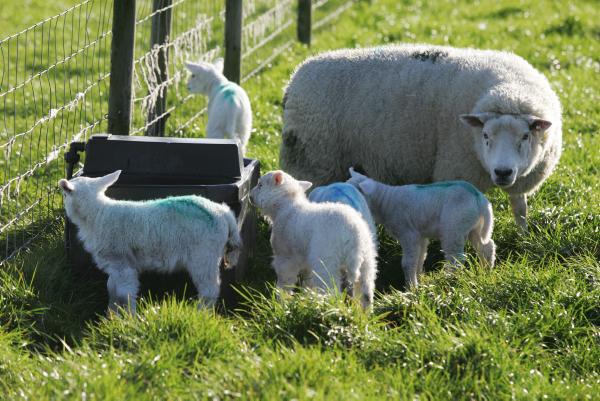
SHARING OPTIONS